
Boston Bruins
96th Season
First Game Played December 1, 1924
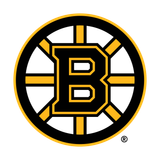
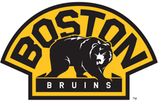
Historical Moments
On November 1st the Boston Bruins made their debut as the first American team in the NHL defeating the Montreal Maroons at home 2-1. However, success would not be common for the first year Bruins as they lost their next 11 games on the way to finishing in last place with a 6-24 record.
Bruins Best
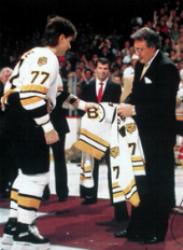
12/7/1987: Ray Borque
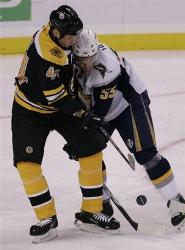
Aaron Ward
2006-2009
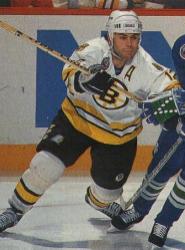
Adam Oates
1991-1997
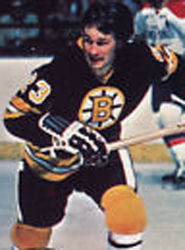
Al Sims
1973-1979
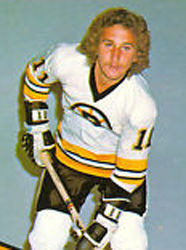
Andre Savard
1973-1976
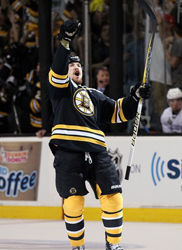
Andrew Ference
2006-2013
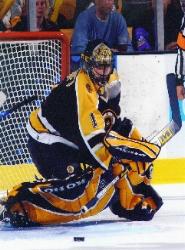
Andrew Raycroft
2000-2006
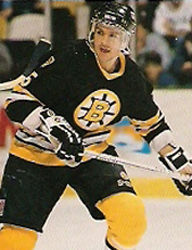
Andy Brickley
1988-1992
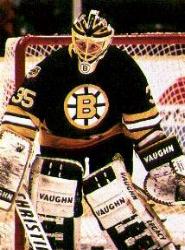
Andy Moog
1987-1993
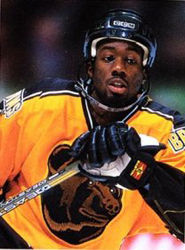
Anson Carter
1996-1999
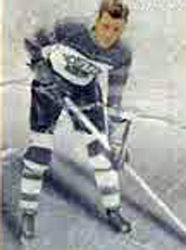
Art Chapman
1930-1934
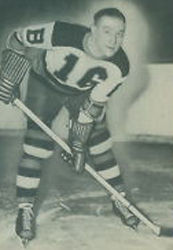
Art Jackson
1937/38, 1939-1945
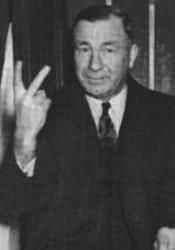
Art Ross
GM 1924-1954
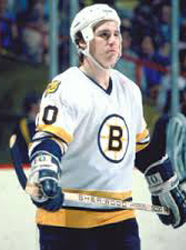
Barry Pederson
1980-1986, 1991/92
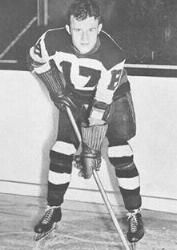
Bill Cowley
1935-1947
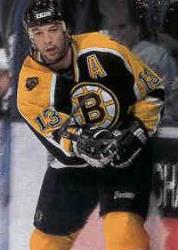
Bill Guerin
2000-2002
Bruins Stadiums
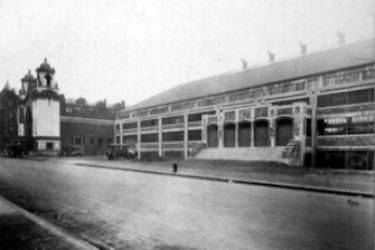
1924-1928
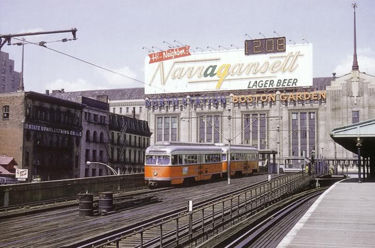
1928-1995
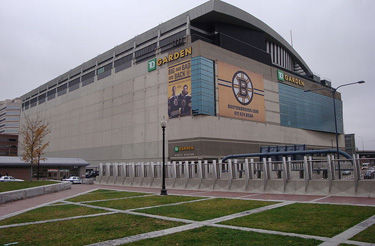
1995-Present
Championship Teams
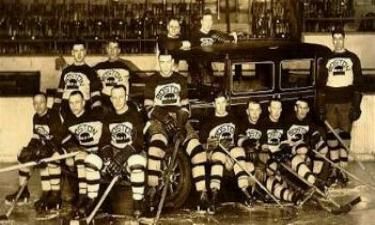
1928/29 Stanley Cup Champions
Boston Bruins
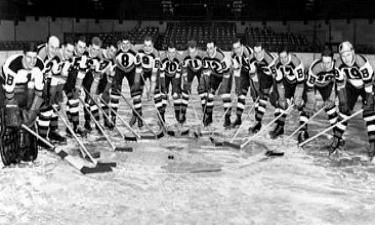
1938/39 Stanley Cup Champions
Boston Bruins
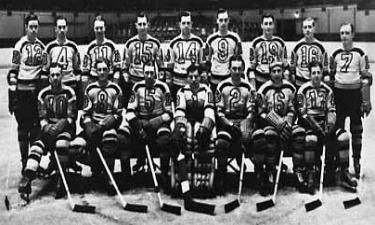
1940/41 Stanley Cup Champions
Boston Bruins
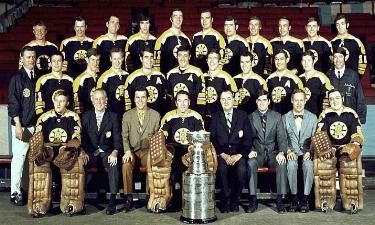
1969/70 Stanley Cup Champions
Boston Bruins
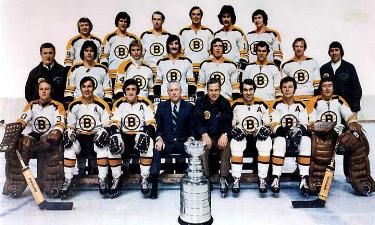
1971/72 Stanley Cup Champions
Boston Bruins
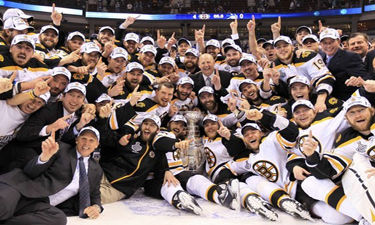
2010/11 Stanley Cup Champions
Boston Bruins